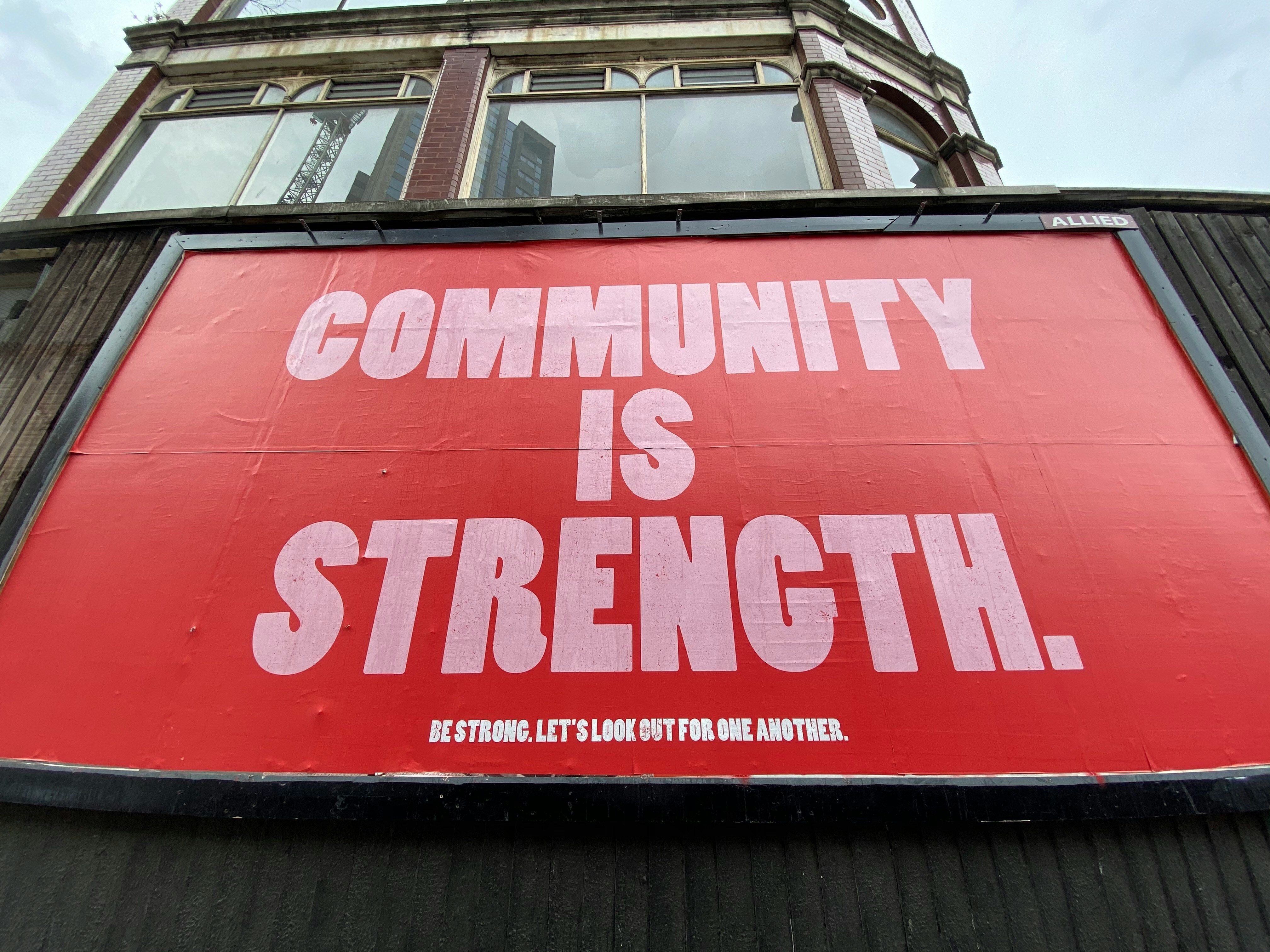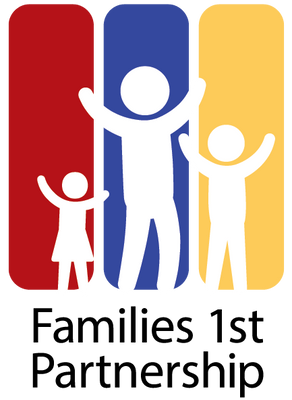What is Community Response?
Community Response is a proactive initiative designed to support families and individuals in crisis by providing timely and targeted interventions. It focuses on offering immediate assistance and connecting individuals to the right services to address both their short-term needs and long-term well-being. Through collaboration with local partners, Community Response creates a network of resources that ensures individuals and families receive comprehensive support to stabilize their situations and move towards a sustainable future.
Benefits of Community Response to the Community
- Prevents crisis escalation by offering quick, targeted interventions, helping individuals regain stability before situations worsen.
- Addresses immediate needs while working towards building a stronger, more resilient community by providing the tools and support necessary to overcome challenges.
- Fosters collaboration among local agencies, enhancing the efficiency of service delivery and ensuring that resources are shared effectively.
- Reduces duplication of services, helping agencies better meet the needs of the community.
- Supports families in maintaining safety, stability, and self-sufficiency, leading to improved well-being.
- Lowers the number of individuals and families stuck in prolonged cycles of crisis, reducing strain on emergency services, foster care systems, and healthcare providers.
- Strengthens the community’s safety net, promoting social well-being and helping break cycles of poverty and instability.
- Creates a more vibrant and cohesive environment, benefiting the entire community by ensuring a safer, more supportive place for everyone.
How Community Response Works
Community Response operates by assessing the specific needs of individuals or families in crisis, then coordinating with a range of local service providers to address those needs. A dedicated team of professionals, including social workers, case managers, and community partners, works together to identify the best course of action, ensuring that individuals are connected with the appropriate resources—whether for housing, childcare, food assistance, mental health support, or employment services.
The process begins with a referral or intake through Central Navigation to assess the situation being presented. From there, individuals and families receive personalized support tailored to their unique circumstances, helping them access the services that will provide immediate relief and long-term stability.

What is Central Navigation?
Central Navigation is a critical community service that serves as a centralized intake and referral system, connecting individuals and families in need with the right resources and support in their local area. By streamlining access to essential services, it ensures that people can quickly and efficiently get the help they need, when they need it most.
The Benefits of Central Navigation in a Community
- Central Navigator's role: Acts as a dedicated guide for individuals seeking assistance, carefully assessing their needs and connecting them with the appropriate resources (housing, healthcare, mental health services, employment, family support).
- Simplifies complex processes: Reduces the overwhelming task of navigating multiple service providers by directing individuals to the right support, saving time and frustration.
- Reduces the risk of individuals falling through the cracks: Ensures that no one is left without access to essential services, improving the chances of receiving timely assistance.
- Promotes collaboration among local agencies: Strengthens community partnerships and fosters a more efficient, coordinated response to local needs.
- Addresses immediate and long-term needs: Helps individuals and families manage crises while also supporting their journey toward long-term stability and resilience.
- Strengthens community safety nets: Empowers communities to provide more comprehensive support to vulnerable members, ensuring a stronger, more supportive environment for everyone.
- Fosters community well-being: Ensures that all individuals have the opportunity to thrive and contribute to a healthier, more resilient community.



